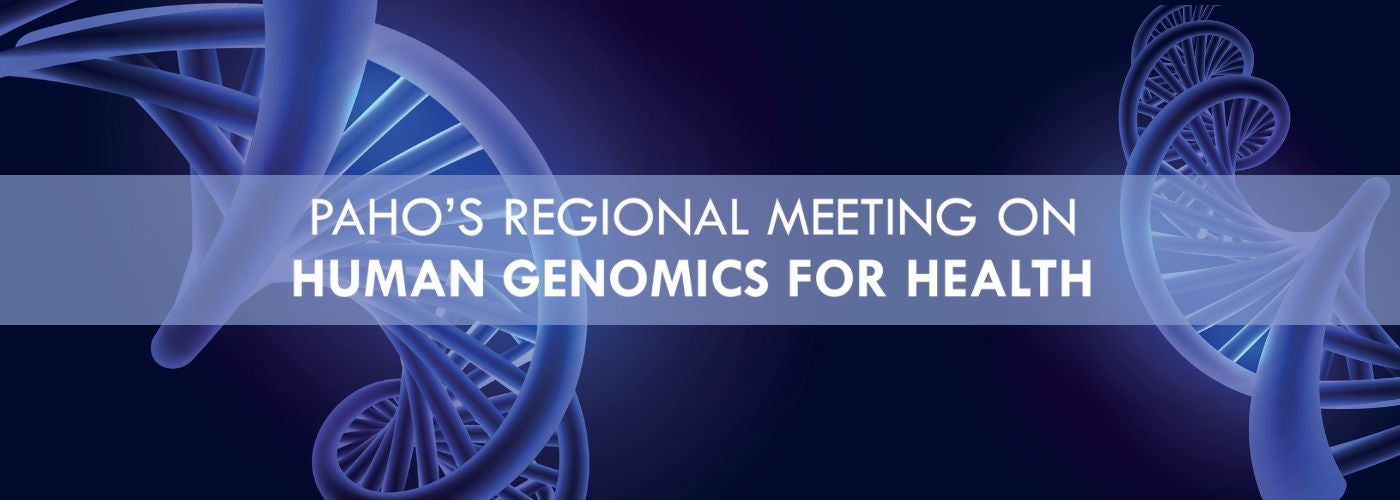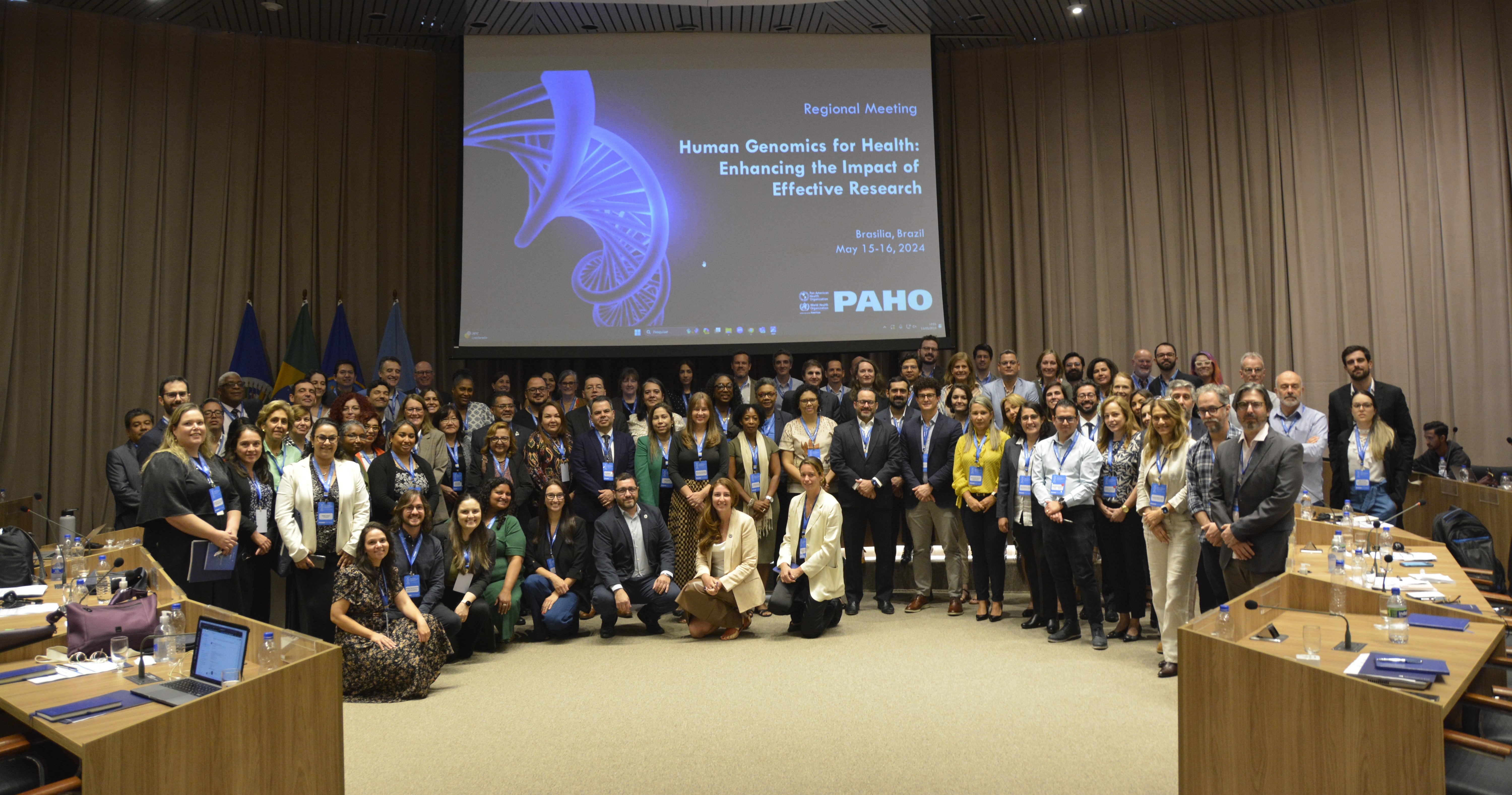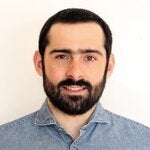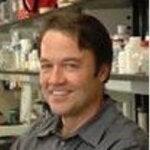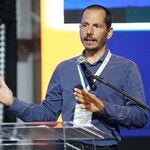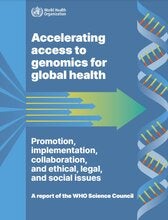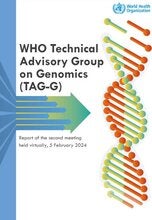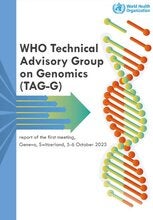PAHO Regional Meeting on Human Genomics for Health:
Enhancing the Impact of Effective Research convened in Brasilia
Scientists, clinicians, and public health experts across the genomics and precision health ecosystem from 19 countries in the region of the Americas converged in Brasilia, Brazil, for the first regional meeting on Human Genomics held on the 15th and 16th of May 2024. The meeting was organized by the Pan American Health Organization (PAHO) with the support of the World Health Organization (WHO) and the Department of Science and Technology (DECIT) in the Ministry of Health in Brazil.
This meeting provided an opportunity to reach a mutual understanding and set the agenda for enhancing the impact of effective research for genomics application in the Americas. To enhance communication and encourage the exchange of experiences and ideas among participants, the meeting was held in Spanish, English, and Portuguese with simultaneous interpretation.
The objectives of the meeting were:
- To raise awareness amongst Member States and regional stakeholders about the WHO Science Council report on Accelerating access to genomics for global health: promotion, implementation, collaboration, and ethical, legal, and social issues: a report of the WHO Science Council (2022).
- To share experiences and best practices in the implementation of genomic evidence to improve the precision of the practice of medicine at the individual level and to inform public health strategies at a population level.
- To identify challenges and feasible strategies for implementing genomics in practice and conducting genomic research in Member States.
- To create opportunities for linkages and collaborations
Participants represented a broad spectrum of disciplines and contributed their expertise across relevant fields of research, including science policy, bioethics, national genomic initiatives, cancer, rare diseases and congenital disorders, and health economics. During the two-day meeting, a highly diverse group of experts shared experiences and best practices in applying genomics in clinical care and public health and conducting genomic research in the Americas.

